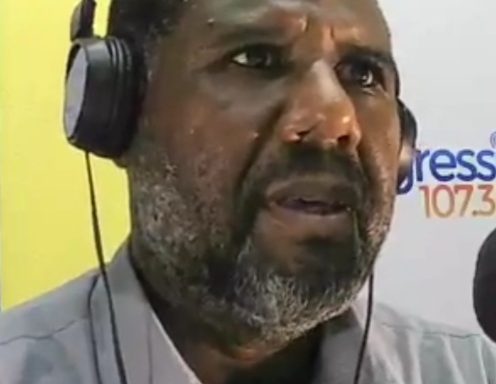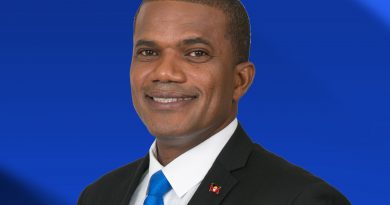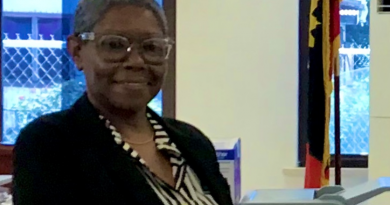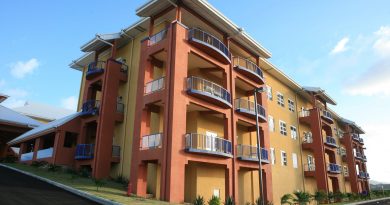Results of national survey to be unveiled and examined on Sunday, as pollster and panelists look at the people’s responses
The results of a nationwide poll that looks at the social, economic,
and political issues occupying the minds of residents will be
unveiled to a public audience and examined by three relevant panels
on Sunday, March 3.
The event is being held at the Moravian Church Conference Centre at
Cashew Hill and runs from 6 to 8 p.m. Tickets are $50, with part of
the proceeds going to the Ottos Comprehensive School’s REACH
Mentorship Programme.
The poll, conducted by Linley Winter & Associates, sought to
determine how citizens and residents feel about crime, healthcare,
education, as well as their perceptions of the two pressing issues of
the day: how they are faring in the economy and how the political
landscape looks.
Winter says the results “might not be what most people are
expecting,” but they are the unvarnished and unbiased truth of how
the population feels.
The panels he has assembled – comprising educators, a health
practitioner, police officer, union president, economist and
attorneys – will discuss, analyze and interpret the findings and
trends the poll reveals; and the audience will be able to pose
questions and make comments.
Most people are familiar with polls that are intended to inform
political parties, Winter says. But this survey is intended to inform
not only ordinary citizens, but business people and those who are in
decision-making positions, so they can be decided by facts and not
feelings.
Winter laments that there is a dearth of such information and
reliable statistics, in general, in Antigua and Barbuda; and when it
can be found, he says, the information, quite often, is not up to date.
It hampers the development of the country, he says, when data is
not easily available, as international agencies and investors rely on
these to decide on such things as grants and aid packages.
“Information,” he notes, “is just that – information – and should not
be hoarded or hidden.”
Accordingly, Winter is hoping that Antigua and Barbuda can develop
a culture that puts a premium not simply on data collection – but on
collation, analysis, and publication – especially in the civil service,
where so much information already resides.




